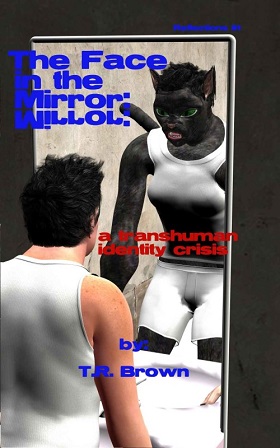Afternoon!
Come across some differing opinions on one topic after having a little rant in a rant group and thought that I would see what others thought.
It’s good to have other people read your work to supply feedback in various forms. How do you feel about having something submitted for proofreading (typos and fragments that don’t sound right to the ear, as an example) and having a full blown critique of your work returned? Similarly, thinking about this from a different perspective, how would you feel if you asked someone to critique and you got a couple of typos highlighted? Should the people we request help of be following our requests or should we be more open to whatever we get back? Not quite sure what to think here as yet.
Personally, I’ve finished the bulk of my work on a piece when I submit it for proofreading to my ever helpful partner or another. I try to learn from every piece I write but I really do suck at catching typos when I read through (if any tips for that - please share!  ) so I try to ask someone else to catch those for me. I’d be a little disappointed if I asked to be dissected and only had a couple of errors highlighted… Actually, I’d be similarly annoyed. But I am a derp who likes to keep to spec when asked to do something and will only exceed, in this area, in terms of advice. I like to learn from one piece and go on to the next rather than work one to death, but that is just me. I feel I learn quicker that way instead of just getting pissed off at myself.
) so I try to ask someone else to catch those for me. I’d be a little disappointed if I asked to be dissected and only had a couple of errors highlighted… Actually, I’d be similarly annoyed. But I am a derp who likes to keep to spec when asked to do something and will only exceed, in this area, in terms of advice. I like to learn from one piece and go on to the next rather than work one to death, but that is just me. I feel I learn quicker that way instead of just getting pissed off at myself.
So…what does everyone else think? What experiences have you had? (And how do you catch typos?! ^^ )
